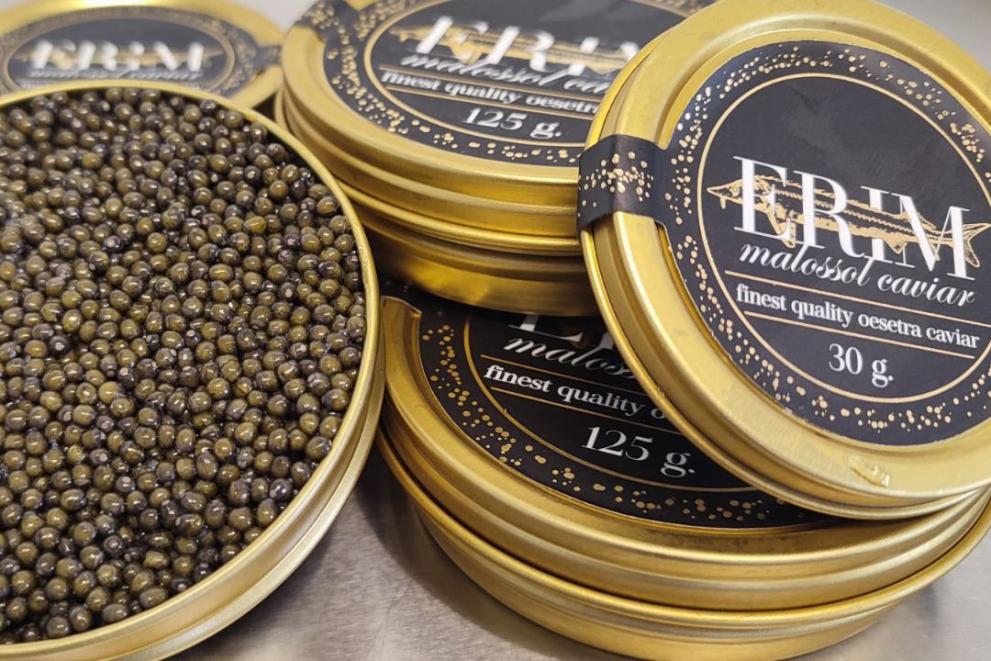
At the foot of the Rhodope Montains, in Bulgaria, an aquaculture family business had to cope with its fish getting eaten away by cunning birds. But in this Natura 2000 Protected Area, fighting back and attacking the birds was out of question – on account of the bird killing ban put in place to protect local biodiversity.
And so the owners of Erim Fish JSC sought an alternative, and managed to find the solution together with public authorities. This led to the Erim Fish project which enabled to maintain local biodiversity as well as highly skilled jobs thanks to the European Maritime and Fisheries Fund (EMFF).
Natural threats to the activity: the will to compromise with local species
On the banks of the river Vacha, in a Natura 2000 protected area of pure cold mountain waters, Erim Fish JSC looks for economic attractiveness and sustainability. The company is specialised in rainbow trout from hatchlings to market size, and sturgeon, mainly to produce high-quality black caviar. It also has its own hatchery for rainbow trout, sturgeon and lake salmon.
But it is never that simple: the fish get eaten from the ponds by cormorants and herons, threatening the production process from its start by targeting the young fish, eating or harming them.
Feeding the birds and maintaining biodiversity
The solution found might seem quite peculiar to many aquaculturists. Indeed, the EU-funded project looked for a solution that benefited the birds as well as the company. The firm had a four-year contract under which it receives annual compensation for production losses due to fish-eating birds. Erim Fish allowed the birds to eat from their ponds, and the Bulgarian authorities compensated the company for the losses.
The annual compensation distributed to Erim Fish JSC encouraged fish farming while maintaining the health of the nearby bird habitats. It also promoted the introduction of 100% granulated fish feed, which has a less detrimental effect on the quality of the water leaving the farm.
The compensation thus not only preserves the birds’ habitat but also maintains the quality of the river and its biodiversity.
Local production and local jobs
Aside from the sustainable outcomes, the project enabled to maintain the production locally and its related highly skilled jobs.
Without EMFF support for the 2014-2020 period, Erim Fish JSC’s alternative was to stop its fry production and dismiss the employees concerned. They would have stocked the farm with sturgeon and rainbow trout transported from other regions in Bulgaria. With such promising results, the Bulgarian managing authority intends to further enhance and promote the compensation scheme in the EMFAF 2021-2027 period.
The virtuous cycle thus enters in scene: with jobs and the birds’ habitats maintained, and improved water quality in the river Vacha, consumers in the Plovdiv region gained access to quality freshwater fish products at competitive prices.
More information
Details
- Publication date
- 20 June 2023
- Author
- Directorate-General for Maritime Affairs and Fisheries




